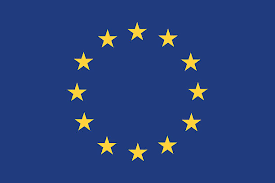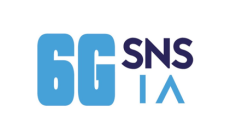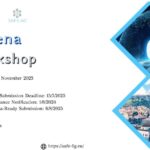Europe Charts the Course to 6G: Takeaways from EuCNC & 6G Summit 2025 in Poznań
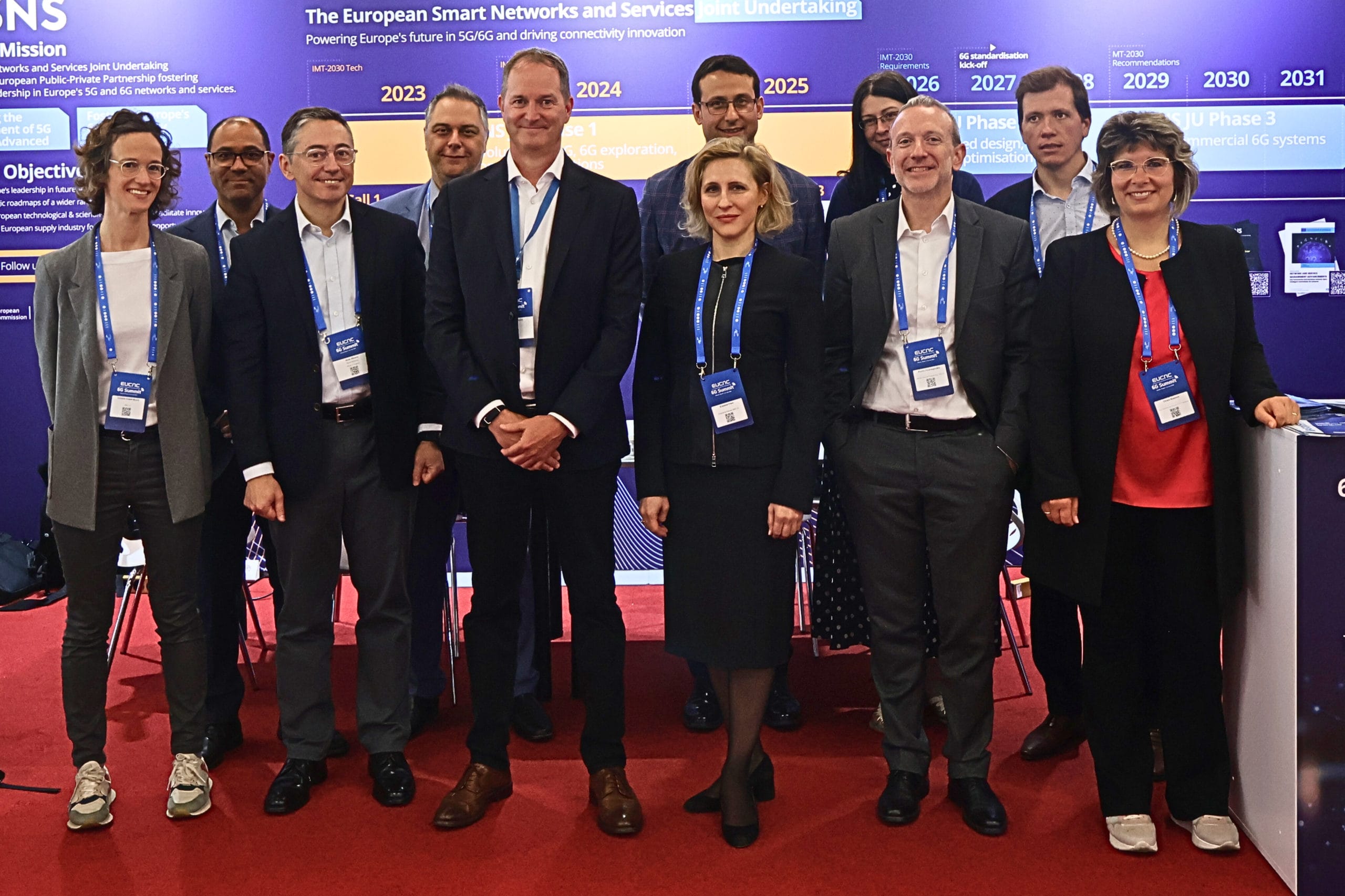 The EuCNC & 6G Summit 2025 held this year in Poznań, Poland, brought together experts, researchers, industry leaders, and policymakers to explore the future of digital connectivity. With the theme “Towards the 6G World”, the event served as both a reflection of how far Europe has come and a reminder of the road still ahead.
The EuCNC & 6G Summit 2025 held this year in Poznań, Poland, brought together experts, researchers, industry leaders, and policymakers to explore the future of digital connectivity. With the theme “Towards the 6G World”, the event served as both a reflection of how far Europe has come and a reminder of the road still ahead.
“This year’s theme reflects our community’s commitment to pioneering next-generation technologies. It captures the spirit of innovation required at every stage: from theoretical foundations to demonstrators, many of which will be showcased during the conference, and finally to practical implementations and commercialisation” – (Technical Programme Committee Co-Chairs)
The Summit is a well-established platform for dialogue around key advancements in ICT. This year’s edition welcomed a record number of participants, booths, and contributions, a testament to the growing momentum across the digital and connectivity sectors.
A shifting global landscape and the need for European leadership
Several speakers addressed the broader international context in which 6G is developing. Thibaut Kleiner, Chair of the SNS JU Governing Board and General Chair of the Conference, during the opening session, stressed that while Europe has made important strides in digital connectivity, there are still critical challenges ahead.
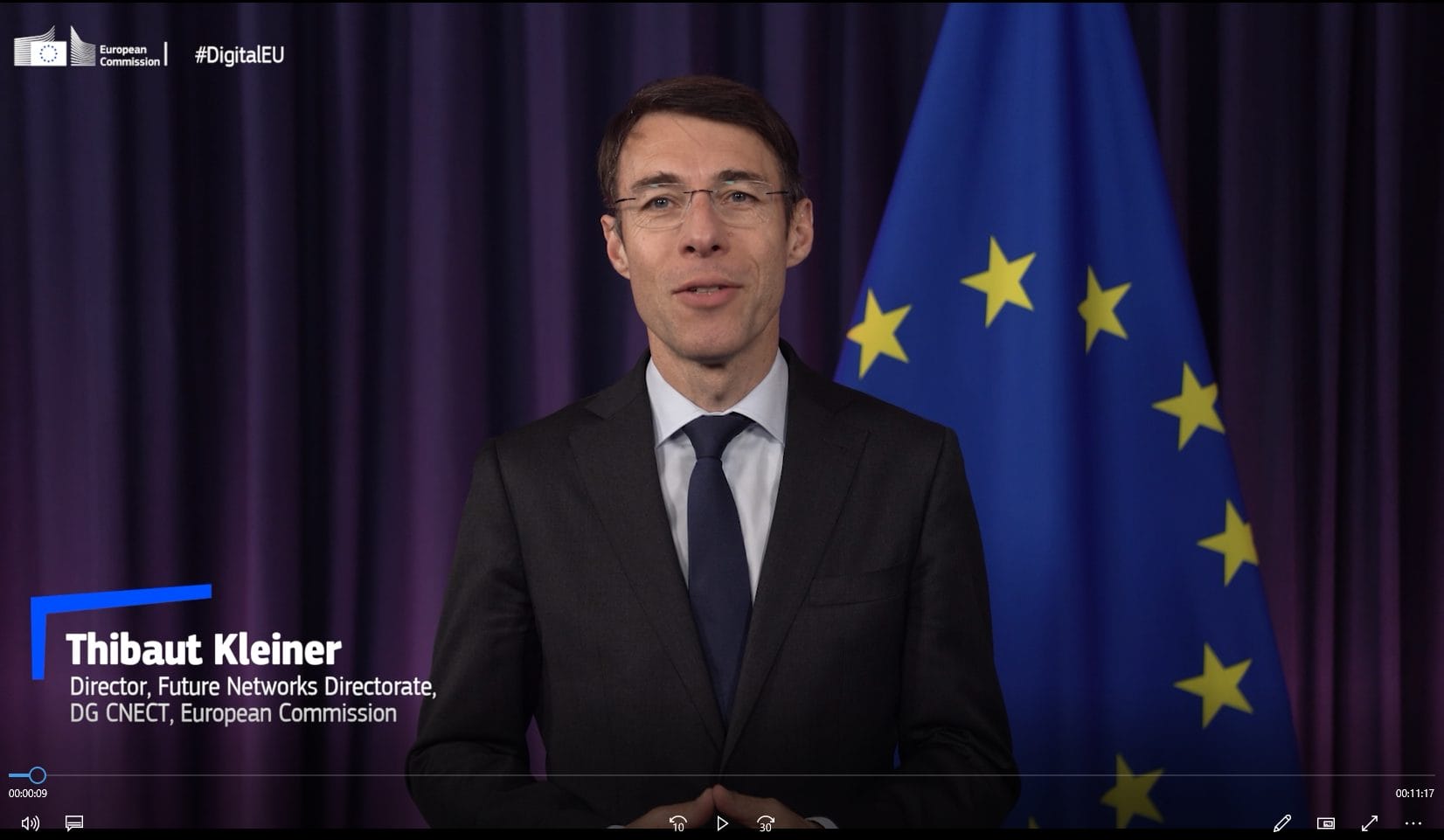
He said, “we need to learn from the previous 5G experience” so that “for 6G we don’t have to repeat the same pattern. Supply and demand must be aligned and 6G has to monetise.”
From geopolitical tensions to strategic dependencies in key technologies, the global environment is increasingly complex. He also emphasised the need for accelerated deployment, reduced fragmentation, and strong efforts in standardisation, calling for a 6G which is aligned with EU values.
SNS JU: driving Europe’s 6G ambition
Important for the event was the strong presence of the SNS JU, which is leading Europe’s efforts towards the development and deployment of 6G technologies. In several dedicated sessions, the SNS JU presented its strategic vision and concrete progress.
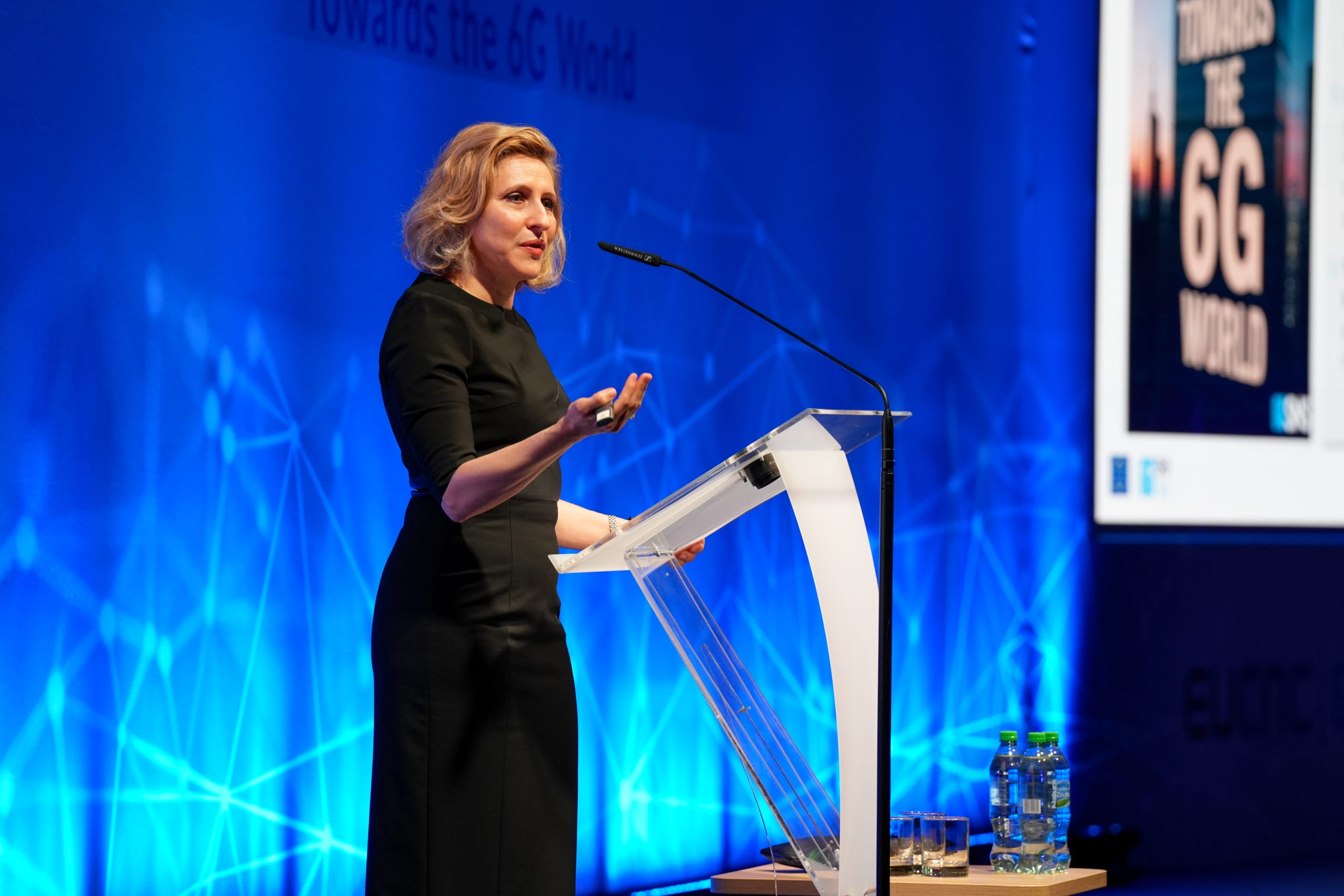 Erzsébet Fitori, SNS JU Executive Director, outlined the ambition behind the SNS programme: to ensure Europe leads in 6G while building a trusted and value-driven technological future.
Erzsébet Fitori, SNS JU Executive Director, outlined the ambition behind the SNS programme: to ensure Europe leads in 6G while building a trusted and value-driven technological future.
“We are entering a new phase of 6G. Our programme is closely aligned with global standardisation timelines, and we know that delivering 6G will require an unprecedented level of collaboration, across sectors, disciplines and borders.”
She also shared insights into the broader research community: over 3,700 researchers are now involved in SNS JU activities, with a significant portion being first-time participants, which shows the initiative’s growing reach and inclusivity.
From the development of new KPIs, to a strong track record in standardisation contributions, joint publications, and the promotion of collaboration with SMEs, the SNS JU is actively translating research into real-world impact. Security, trust, and sovereignty are not just policy goals, but they are built into the research itself.
Focus on Security, Trust and Sustainability.
Security was a recurring theme across the event, particularly in the session “Uncovering 6G Security”, where Pavlos Fournogerakis, Deputy Head of Programmes at SNS JU, laid out the priorities and expectations around secure future connectivity.
He stressed that 6G is not only a technological challenge but also a political one, requiring robust frameworks around trust, resilience, and sovereignty. The SNS JU portfolio already includes numerous projects focused on 6G security, ranging from post-quantum cryptography to zero-trust architectures and secure edge computing.
“Security is a continued priority in our 2025 Work Programme. It is embedded across the SNS research landscape and seen as a core design principle for all 6G use cases. It therefore becomes imperative to establish cross-sector collaboration and further mobilize SNS and cybersecurity communities”
Sustainability was also a key theme, particularly during the workshop “Technology Enablers for Sustainable 6G Design”, introduced by SNS JU Programme Officer Chiara Mazzone. The session highlighted how 6G is expected to play a dual role: not only must future mobile networks be designed to minimise their own environmental impact, but they also have the potential to act as enablers of sustainability across other sectors. Reducing the overall energy consumption and Greenhouse gases emissions, circularity, and life cycle assessment are becoming central to how next-generation networks are conceived. The conversation reflected a broader shift in the R&I landscape, one where sustainability is not an afterthought but a guiding principle for innovation.
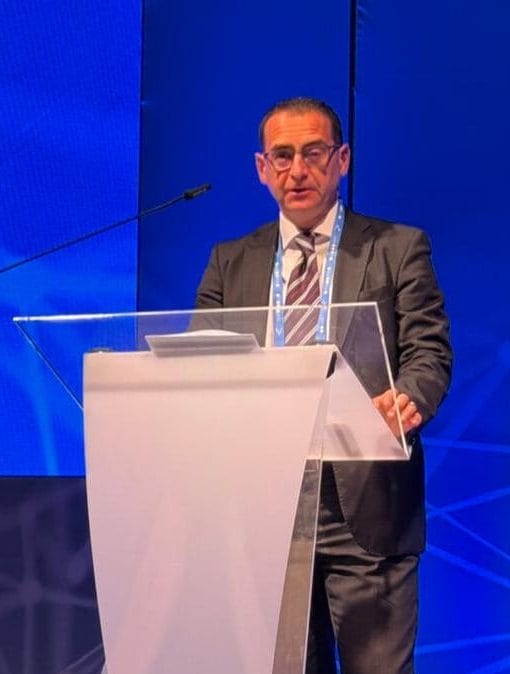 International Collaboration was also on the agenda at EUCNC, notably in the context of Research Infrastructures. The workshop “EU-US Cooperation on Advanced Research Platforms” highlighted the need for collaboration between European and US research initiatives, to accelerate innovation in advanced research platforms for 6G. SNS JU Programme Officer Odysseas Pyrovolakis stressed that collaboration and partnerships is a strategic priority for the SNS program and contrary to the current trend of de-globalisation of the supply chains, international cooperation can promote open and interoperable solutions worldwide. Sharing data, code and models was also identified as a priority. Promoting collaborations in the international standardisation bodies were also shared in the special session on “Research collaborations beyond Europe towards 6G” between EU, US and Japan players.
International Collaboration was also on the agenda at EUCNC, notably in the context of Research Infrastructures. The workshop “EU-US Cooperation on Advanced Research Platforms” highlighted the need for collaboration between European and US research initiatives, to accelerate innovation in advanced research platforms for 6G. SNS JU Programme Officer Odysseas Pyrovolakis stressed that collaboration and partnerships is a strategic priority for the SNS program and contrary to the current trend of de-globalisation of the supply chains, international cooperation can promote open and interoperable solutions worldwide. Sharing data, code and models was also identified as a priority. Promoting collaborations in the international standardisation bodies were also shared in the special session on “Research collaborations beyond Europe towards 6G” between EU, US and Japan players.
Panel 2: “Evaluating Progress and Shaping the Future of 6G Research in Europe”, moderated by Javier Albares Bueno, Head of Programs, was the opportunity to reflect on the wider transformation taking place, not only technological, but also geopolitical, economic, and societal. He underlined that Europe’s key challenge will be to lead this transition in a way that is strategic, inclusive, and aligned with its values. Advanced connectivity (understood as a system that brings together diverse technology domains at different stages of maturity) was identified as a critical enabler of European competitiveness, resilience, and security. The discussion also highlighted the importance of translating research into real-world impact through cross-functional teams, innovation mindsets, and stronger links between research and deployment. Ultimately, panellists agreed that by 2030, success should be measured not only by Europe’s technical leadership, but also by how deeply its values are embedded in the digital infrastructure of the future.
Continuing developing the European 6G ecosystem will require an unprecedent collaborative effort and building synergies between the EU and the members sates R&I programs is of the essence. These messages were conveyed at the Convened session on 6G National Initiatives: “A collaborative approach to 6G – unifying the European R&I ecosystem”. The discussion highlighted the increasing need for aligning the vision, the investment and the research work carried out on 6G among the SNS JU program, projects and the national initiatives.
In the closing session, Pavlos Fournogerakis summed up the spirit of the event, highlighting both the quality of the discussions and the community’s growing maturity. Once again, it was noted that the SNS JU is not only focused on excellence but on real, measurable impact. This is something already visible in the record number of projects, events, publications, and standardisation efforts.
This year’s Summit also revealed an important cultural shift. Discussions pointed to a research and innovation ecosystem that is increasingly value-driven, with clear focus areas including AI, ISAC (Integrated Sensing and Communication), and sustainability. Europe’s R&I community is no longer just chasing performance; it is seeking purpose, with societal benefit, competitiveness, and collaboration at the core.
The atmosphere was optimistic but grounded, a recognition that while a great deal has been achieved, the journey to 6G is still unfolding. And collaboration will continue to be key: between verticals, EU and national initiatives, international partners, and of course, industry and academia.
Launching the SNS Journal 2025
EuCNC & 6G Summit 2025 was also the occasion to officially launch our SNS Journal 2025.
This year’s edition offers a comprehensive overview of the 79 research, innovation, and trial projects that form the backbone of the SNS JU portfolio. Supported by nearly €500 million in EU funding, these projects are advancing Europe’s leadership in 6G development while accelerating the deployment of 5G infrastructure.
The journal also highlights the strong, collective commitment of policymakers, industry leaders, and researchers to building a resilient, competitive, and sustainable digital future for Europe.
You can download the digital edition here.
Looking Forward
The next edition of EuCNC & 6G Summit will take place from 2–5 June 2026 in Málaga, Spain, at the FYCMA Technology Hub. With this year’s achievements setting the bar high, the focus will remain on maintaining momentum and ensuring that Europe stays ahead of the curve in shaping the 6G world.
In the meantime, the SNS JU 2025 Calls for Proposals are open – a chance for new ideas, partners, and projects to join this fast-evolving ecosystem.
For more on SNS JU activities, ongoing projects and upcoming opportunities, visit sns-ju.eu


